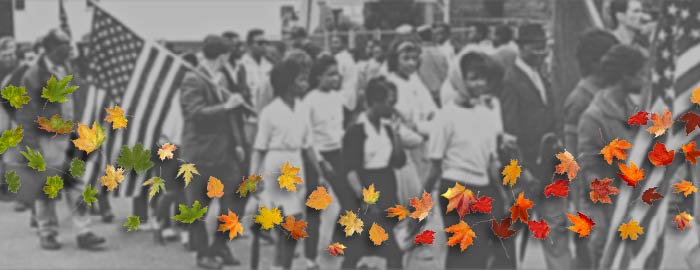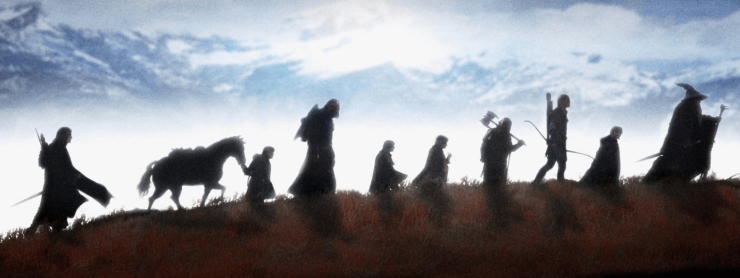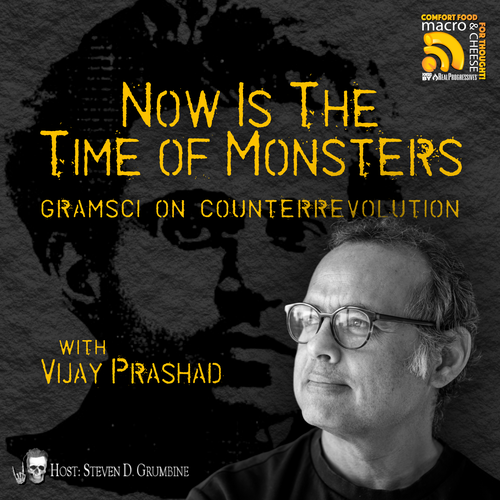I had an Uber driver share that he drove a taxi in his 20s, and now, 50 years later, he finds himself stuck in the same routine in his 70s. The man was planning on traveling and enjoying his retirement, but the rising costs of rent, food, and other necessities forced him to continue driving for extra income. Social Security alone falls short of providing a decent standard of living, leaving him in despair about the unchanging nature of capitalism. He believed he would be stuck working until he died. Before he dropped me off, I offered him reassurance, saying, “Change is not only possible, change is inevitable.”
Political analysts in the USA critiquing capitalism and advocating for change have been plentiful, from Eugene Debs to Michael Parenti. Even proponents of the capitalist system, like Abraham Lincoln, have criticized it, emphasizing that ‘Capital is only the fruit of labor,’ and that ‘Labor is the superior of capital, deserving much higher consideration.’ The progress made by union organization, securing weekends, eight-hour workdays, and more, showcases victories won through collective bargaining.
Communities supporting each other can directly challenge control over private property and capitalist institutions, preventing banks from foreclosing on houses. Organized boycotts, such as the Montgomery bus boycott, have successfully challenged oppressive organizations and even government bodies. The Montgomery bus boycott, for instance, challenged its city government’s racist policies and emerged victorious. Where wrongdoing exists, good, honest people stand up to fight it. Entire organizations form based on communities helping and protecting themselves, as seen with the Black Panther Party feeding countless children and directly defending their communities with force. The Stonewall riots similarly exemplify a community’s resistance, with queer individuals throwing bricks at their oppressors. Personally, I find John Brown’s raid on Harpers Ferry inspiring.
Change is inevitable, as observed in nature. Trees take less water from the ground in the fall, causing the colors of their leaves to change subtly. Most changes happen gradually, with external factors making small quantitative changes that build into larger qualitative leaps. This dialectical perspective views nature not as individual objects but as interconnected systems that influence and change each other.
Unions bargaining for better working conditions and communities standing united are the smaller changes needed for larger regional and national transformations. The world improves not through singular figures like George Washington, but through everyday people deciding to make it better. Local changes, like those during the battles of Lexington and Concord, can grow into larger regional forces.
Larger national changes, such as capitalist revolutions overthrowing feudal rulers or socialist revolutions transforming nations like the Soviet Union and China, demonstrate the transformative power of collective action. When the working class mobilizes under shared history, culture, and perspective, organizing an entire class becomes a practical reality.
Despite claims of revolution impossibility, history proves skeptics wrong, from King George underestimating George Washington to the Tzar doubting Lenin. Change doesn’t require a massive national transformation; it starts at the local level. Activists engaging with everyday people, offering alternatives, and organizing carpools during boycotts exemplify effective local actions.
I’m not saying go out and get your musket ready. I’m suggesting we talk to our neighbors and work together for better results. Banks can’t foreclose on houses if communities resist. Battles like Lexington and Concord were won not just by militias but by everyday people supporting combatants. It’s a reminder that revolutions are about more than firepower; they involve dedicated individuals like Paul Revere and Betsy Ross.
The dialectical perspective emphasizes that small quantitative adjustments lead to qualitative leaps, allowing us to study and control change. Change isn’t limited to activists; it happens when people read and show up when needed. Anyone can make a difference in their community, and that small change might be the catalyst for something bigger.











I love that you gave your driver an inspiring quote to hopefully keep up their morale! It is very true that we as a part of nature change with the difference things we experience. As our material conditions continue to worsen under capitalist imperialist rule, the people will be moved to fight for better conditions. Change is inevitable indeed!